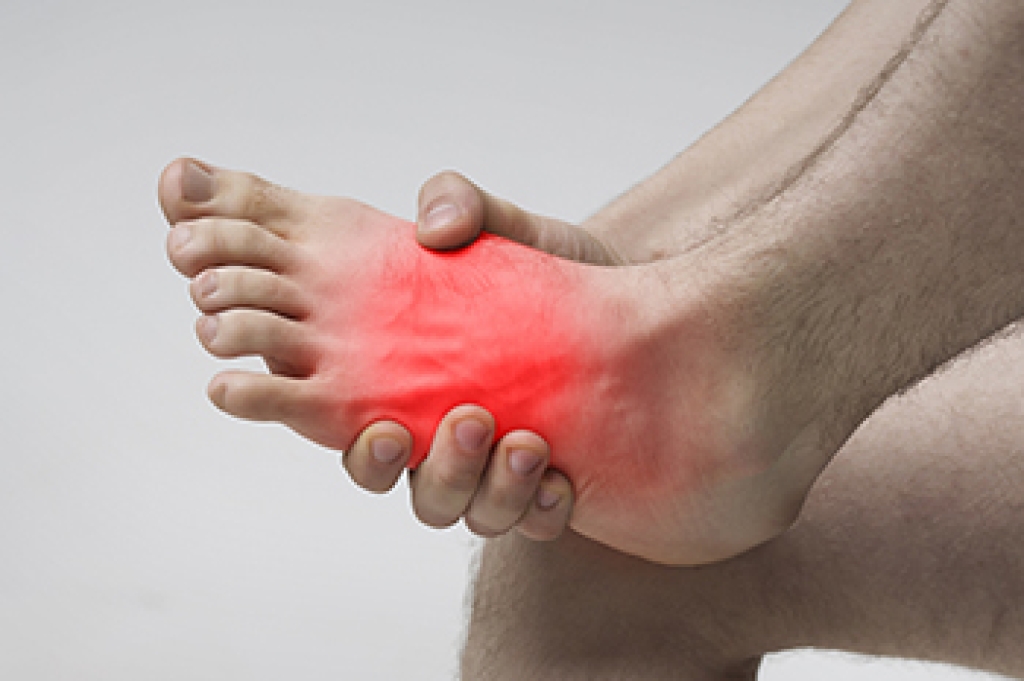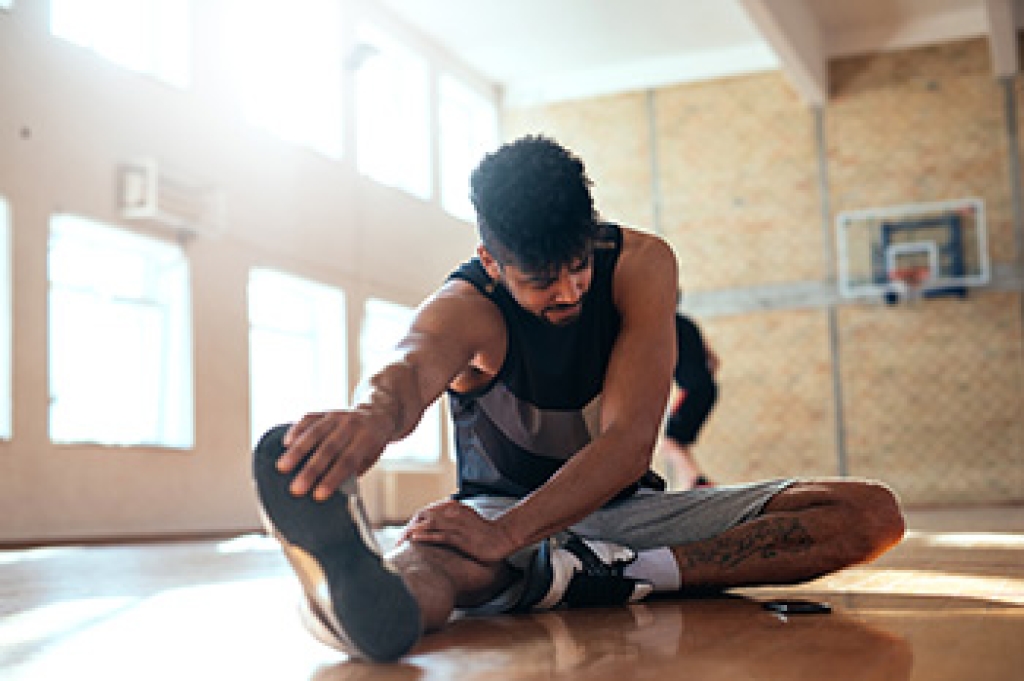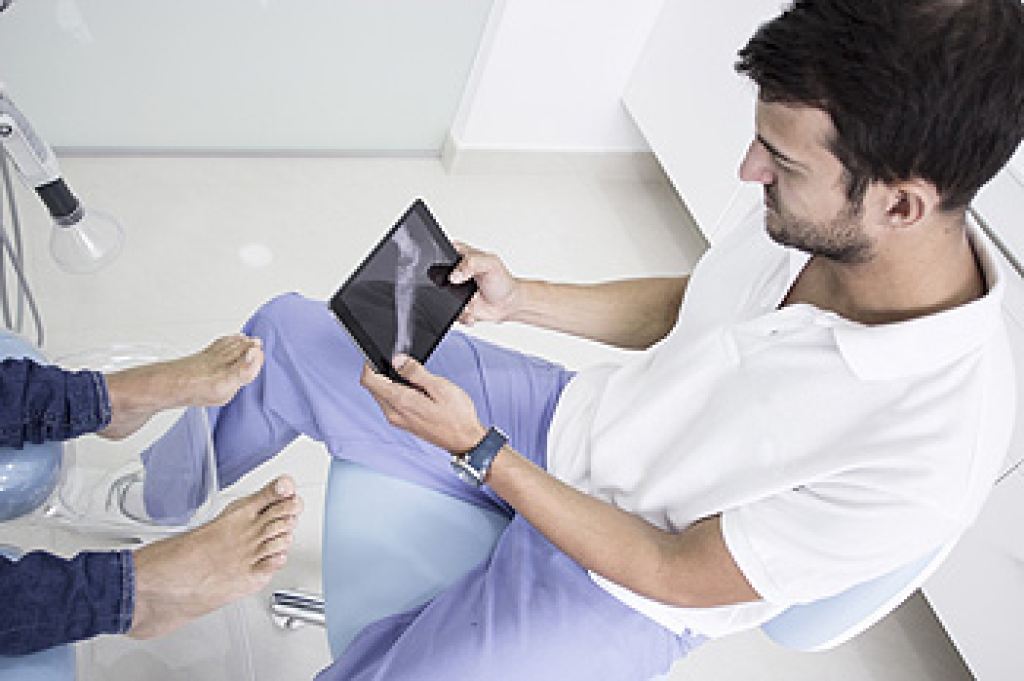
The way your foot and ankle move is really important for how your legs work. Your foot is the last part of your leg that touches the ground and pushes against any outside force. When your foot and ankle move properly, it helps your leg handle the weight of your body. During the part of walking where your foot is on the ground, it is important that your lower leg spreads out and manages different kinds of forces like pushing, pulling, sliding, and twisting. If these forces do not spread out evenly, it can put too much pressure on your muscles and tissues, leading to potential problems. When your muscles, bones, and foot movement all work together correctly, it makes your leg handle these forces efficiently. This helps protect your muscles and tissues from getting hurt. To keep your foot and ankle biomechanics in good shape, it is suggested that you make an appointment with a podiatrist for an examination and recommendations of anything you can do to keep your lower legs healthy.
If you have any concerns about your feet, contact Scott Samera, DPM from Samera / Foot + Ankle. Our doctor can provide the care you need to keep you pain-free and on your feet.
Biomechanics in Podiatry
Podiatric biomechanics is a particular sector of specialty podiatry with licensed practitioners who are trained to diagnose and treat conditions affecting the foot, ankle and lower leg. Biomechanics deals with the forces that act against the body, causing an interference with the biological structures. It focuses on the movement of the ankle, the foot and the forces that interact with them.
A History of Biomechanics
- Biomechanics dates back to the BC era in Egypt where evidence of professional foot care has been recorded.
- In 1974, biomechanics gained a higher profile from the studies of Merton Root, who claimed that by changing or controlling the forces between the ankle and the foot, corrections or conditions could be implemented to gain strength and coordination in the area.
Modern technological improvements are based on past theories and therapeutic processes that provide a better understanding of podiatric concepts for biomechanics. Computers can provide accurate information about the forces and patterns of the feet and lower legs.
Understanding biomechanics of the feet can help improve and eliminate pain, stopping further stress to the foot.
If you have any questions please feel free to contact our office located in Lake City and Branford, FL . We offer the newest diagnostic and treatment technologies for all your foot and ankle needs.








